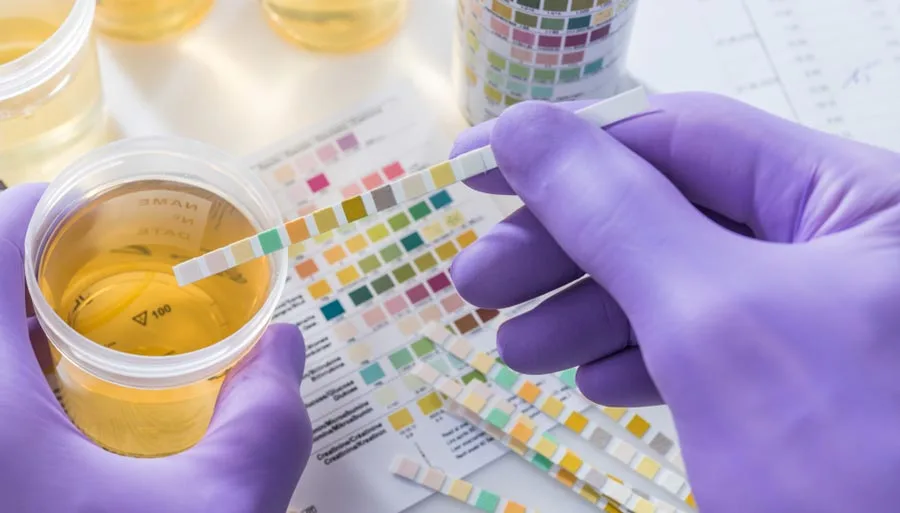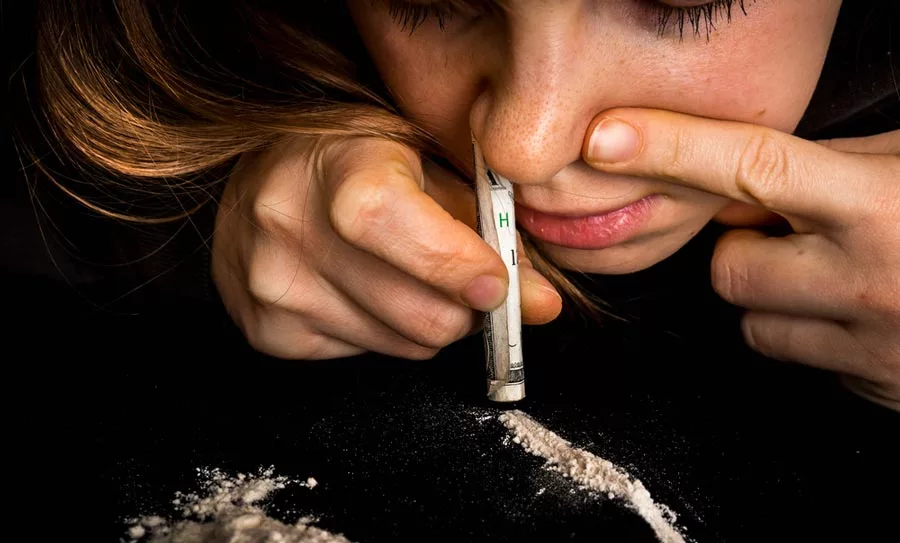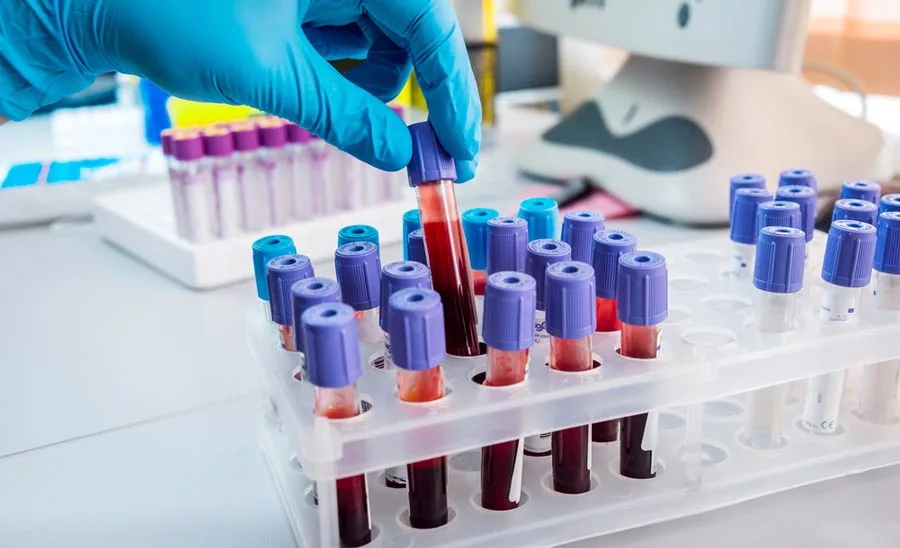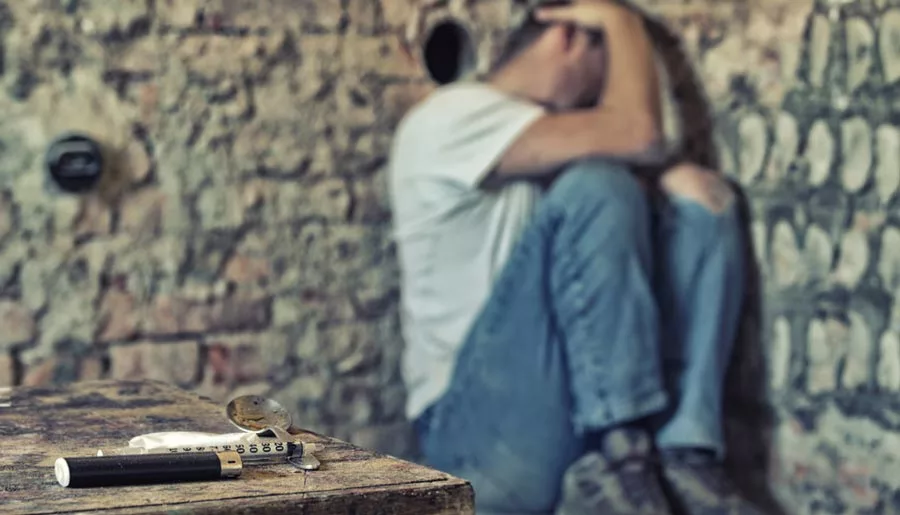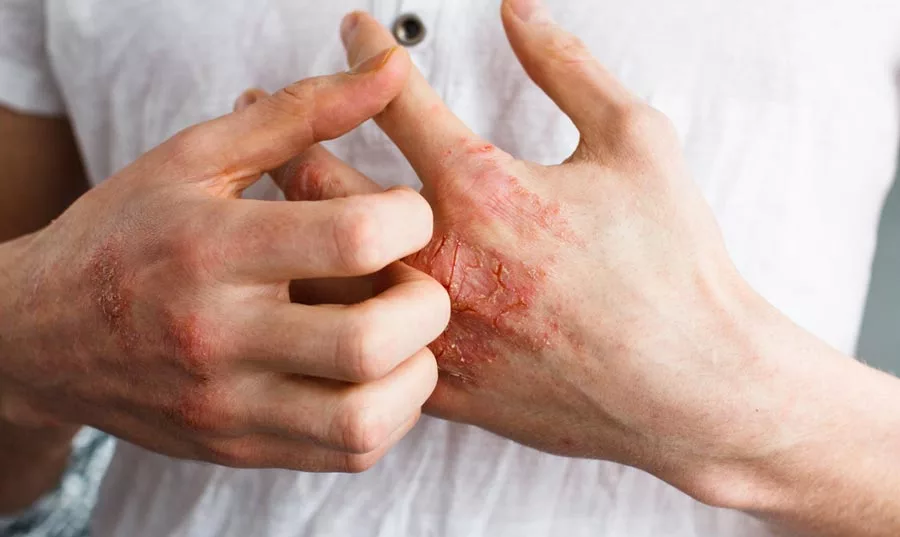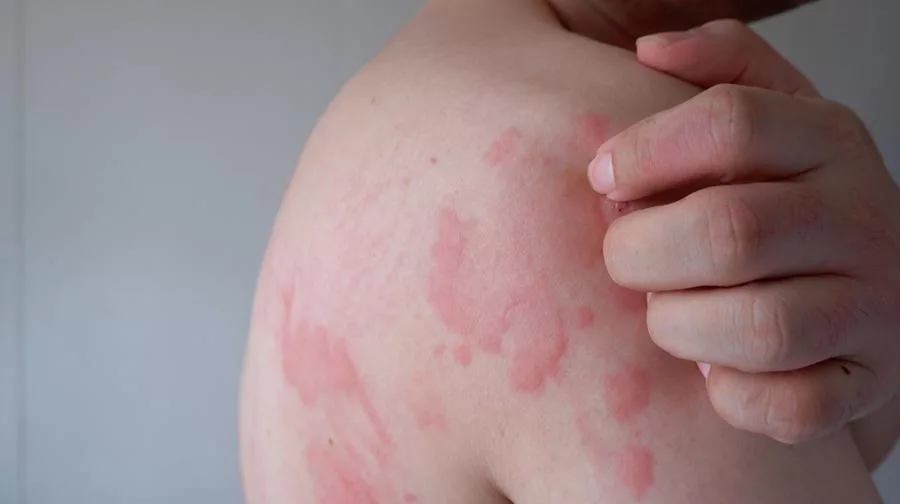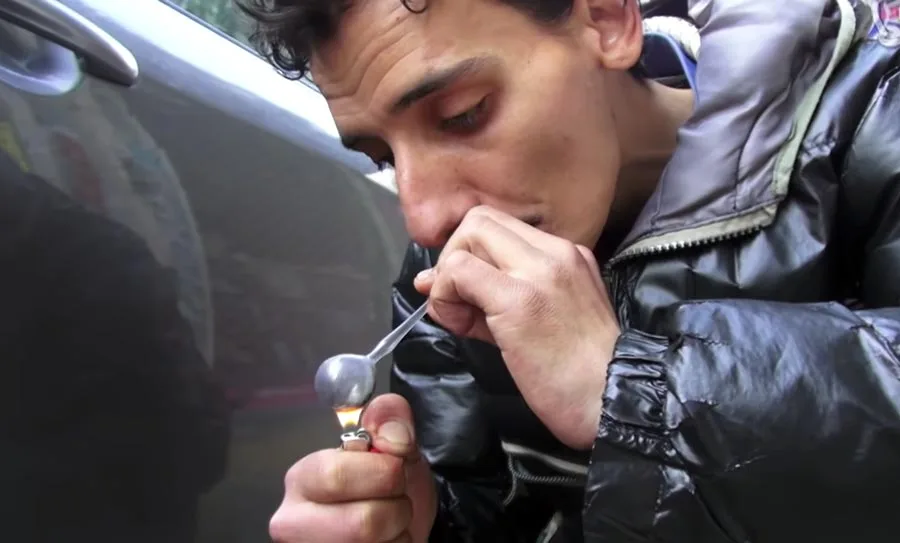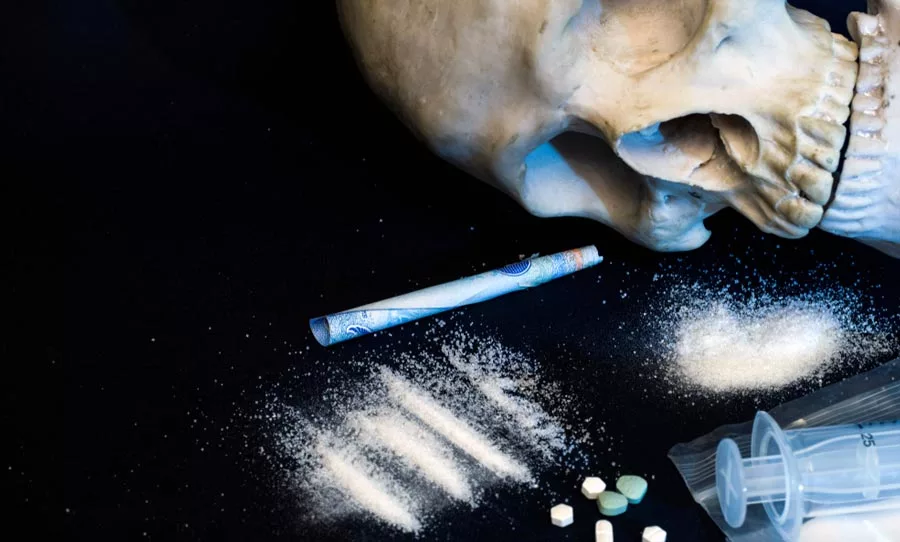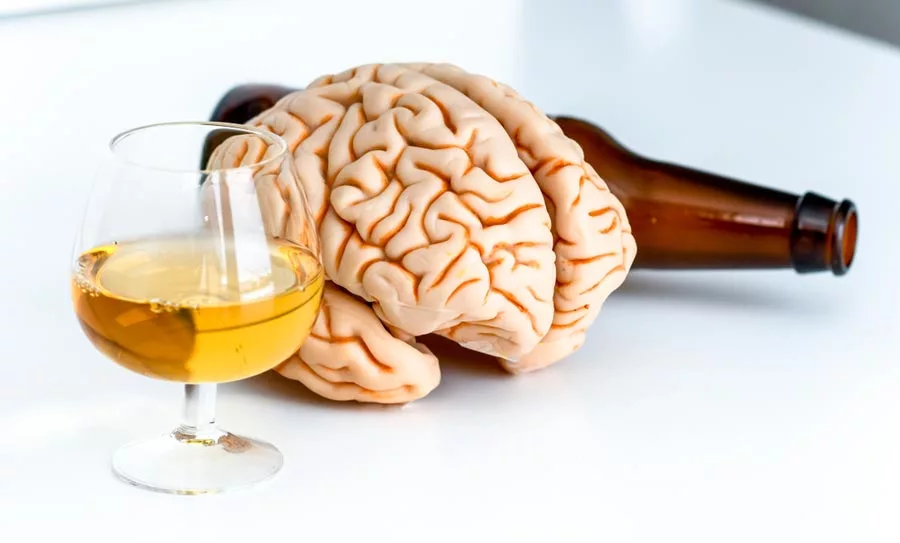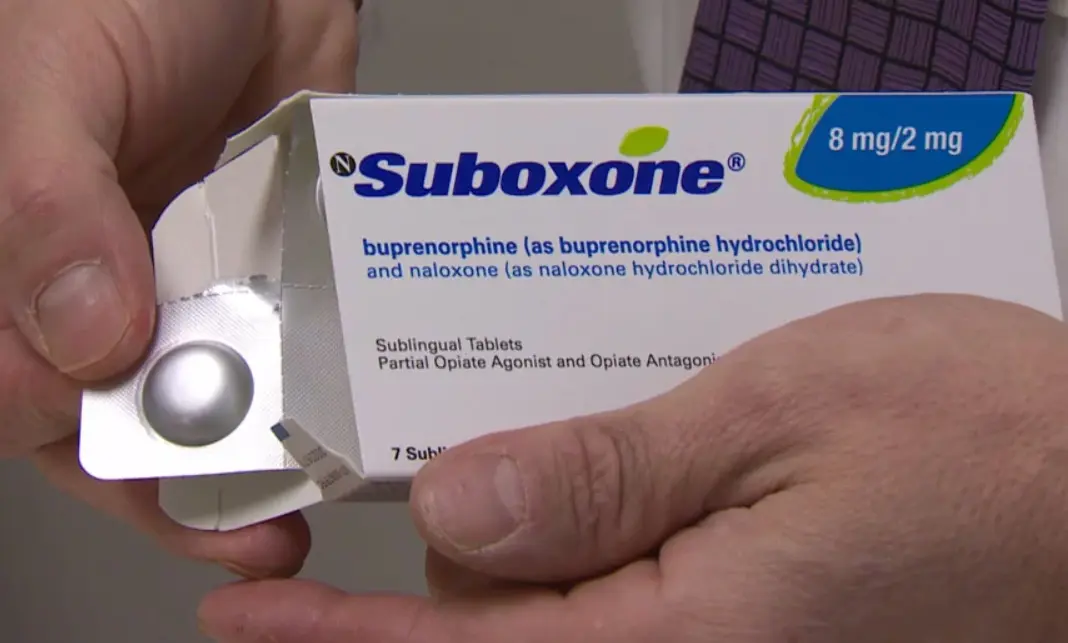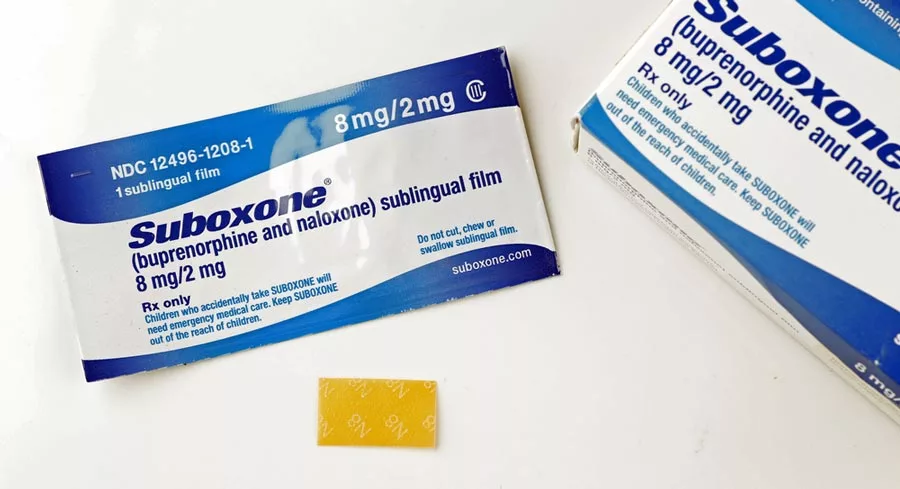When Drug Abuse Runs in The Family
It can be a hopeless feeling to have a loved one dealing with drug abuse. I’ve dealt with addiction firsthand, as well as within my own family. My own addiction nearly killed me, but Best Rehabs In Arizona gave me my life back. When I witnessed a family member dealing with a similar situation, I knew that I had the tools to help a loved one with cocaine. The primary hurdle was getting to the point where they could hear and accept my advice.
I struggled with cocaine addiction in my twenties but was able to get a handle on it and now I have been sober for ten years. My cocaine abuse never led me to a life of crime or homelessness, but I know plenty of people who went down that path. When I noticed the signs of addiction within my own family, I had to jump into action.
I’ve had several family members struggle with addiction. Alcoholism and mental illness run in my family, so I have had plenty of experience with that situation. A little bit of education and compassion goes a long way.
Keep reading to find out how to help a loved one with cocaine or other addictions, and how the story played out in our case!
Help a Loved One with Cocaine: Identifying Addiction
Because I had my own history of cocaine addiction, I learned what to look out for when it comes to cocaine use. I have several siblings, a couple of which have never drank or tried drugs. I knew that my oldest brother drank occasionally, so I was always afraid that he might fall into substance abuse of some kind or another. It wasn’t long ago that I began to notice the signs of potential cocaine addiction.
Cocaine users have a tendency to alternate between high highs and very low lows. I began to notice this trend with my older brother after he started going to college. There were times that I would see him where he would seem on top of the world. Full of energy, talking a mile a minute, and then other times when he would barely be able to hold a conversation without showing signs of irritation.
The red flags were pretty obvious for me having dealt with my own cocaine use in the past. Drug use is often hard to identify at first, as users can do a pretty good job of hiding it from the people they want to hide it from. After a while, the signs of drug abuse become too hard to control or hide. Being addicted to cocaine myself, I had learned how to pick up on the subtle clues left by cocaine users.
The Mental And Physical Effects Of Cocaine Abuse
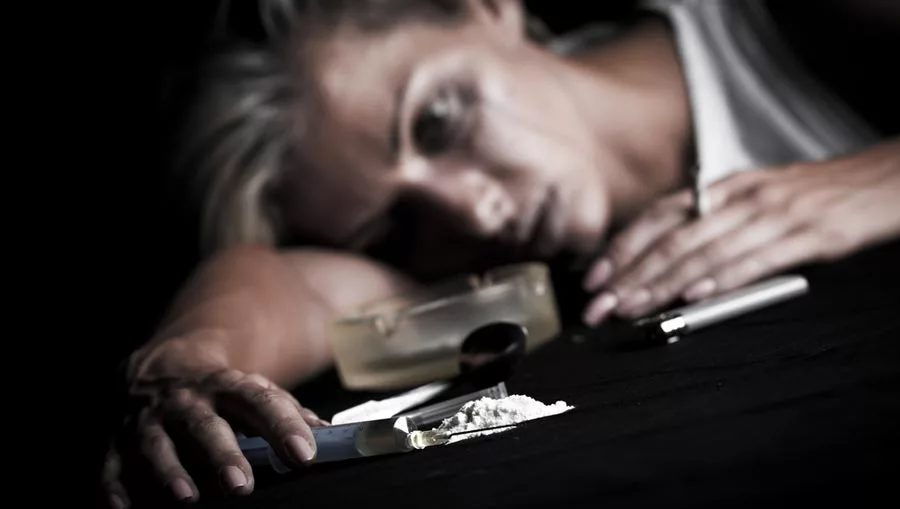
When you abuse cocaine, the warning signs will present themselves eventually. Because cocaine has such a great effect on your brain chemistry, a cocaine addict will often always present the signs. Cocaine makes your entire body speed up and it’s very difficult to control your impulses. Abusing cocaine can make you feel intense feelings of happiness and excitement, but once those effects wear off, you feel the exact opposite.
Common physical symptoms associated with cocaine addiction include restlessness, not getting enough sleep, dilated pupils, and increased heart rate. There are many more physical symptoms, but these were the ones that stood out to me the most when trying to identify my brother’s addiction. Common mental effects include depression, anxiety, mood swings, and risky behaviors.
Drug use of most types will lead you to engage in risky behaviors as a result of lower inhibitions. Cocaine addiction can easily lead to a life of crime as it did for me. When I didn’t have the money for cocaine, I would do whatever I needed to do to get out, including pawning my things or stealing from people to support my habit.
When A Cocaine Addiction Gets Out Of Control
It was increasingly obvious to me that my brother was dealing with a worsening cocaine addiction. When he dropped out of college and began living with my parents, he was unable to hide his addiction any longer. The signs were all there, and we all knew it. Despite his denials, I would find little bags of white powder and my parents would notice valuables missing. When finally confronted with all of this evidence, my brother freaked.
Cocaine use can cause you to say and do a lot of horrible things, even to family members. When we finally had an intervention with him, he stormed out and we didn’t see him for two weeks. We were terrified that we would get a call from the police that he was found dead. There’s a great unknown associated with drug addiction, and things can spiral out of control very easily.
Your brain is not your own. Prolonged cocaine use changes your mental makeup and just about turn you into an entirely different person. When your brain chemistry is altered so vastly, your mental health suffers a great deal. When we finally found my brother, he was living in a crack den and beginning to freebase cocaine. There wasn’t much we could do other than let him make his own choice.
Getting A Family Member Into Addiction Treatment

It would be another year at least before my brother finally entertained the idea of addiction treatment. We waited around that whole time wondering if he would ever see the light, or if his cocaine addiction would lead to an early death. He continued his drug use until he was arrested for shoplifting and placed on probation. He couldn’t pass a drug test to save his life. With prison time hanging over him, he finally made the decision to seek therapy and look into drug rehab centers.
When he finally decided to give recovery a shot, he asked me to help him navigate it and be his support. It was a task I had waited my whole life for. I was more than ready to try and save him, but I made it clear that he needed to save himself. I could help guide him along the way, but ultimately his sobriety was his choice. I can’t take the straw or crack pipe from someone’s hand and tell them not to do it.
Knowing that Best Rehabs In Arizona was one of the best rehab centers around, I encouraged him to give it a try. I didn’t know if he was fully ready to get clean. Sometimes it takes people multiple tries. There are addicts that never get clean even after going to treatment over and over again. It’s an extremely difficult process to commit to, and I know from experience that the intense struggle to not go back to cocaine is brutal.
What are the Withdrawal Symptoms Of Cocaine?
Because of my past history of cocaine addiction, I was able to let my brother know what he was in for as far as the withdrawal is concerned. Cocaine withdrawal is unlike many other forms of drug withdrawal. It isn’t so much physical as it is mental. To treat cocaine addiction, you have to do a lot of mental gymnastics. The intense high from cocaine is a tough one to let go.
Withdrawal from cocaine includes a lot of agitation and restlessness. Fatigue, intense cravings, and depression are very common. I assured him that these uncomfortable feelings were nowhere near as bad as the discomfort associated with lifelong cocaine use. You can’t lose track of the possibilities that are in your future. Every addict has the ability to get clean and do great things with their life, even if it seems impossible to the addict.
My brother went through the same inpatient treatment that I did, and luckily for all of us, he navigated his withdrawal symptoms with as much grace as possible. In order to get effective treatment, you have to be prepared to deal with a lot of your demons when you come out on the other side of withdrawal. Once you’ve passed that initial hurdle, the real work can begin.
Treatment And Recovery Requires Lasting Support

The first step to ensuring a long-term recovery is support. Although addiction requires a lot of individual effort in order to overcome, we all need a helping hand from time to time. Family support is very important, and my family has done a great job not just in supporting me in my recovery, but my brother as well in his newfound sobriety.
We attend support groups together and are open about the family struggles that we endure. It’s helpful to hear from others who are also navigating their own recovery. There’s something very powerful about being able to connect with others who are in similar situations as you. It isn’t just about your success in recovery. My approach to sobriety is to celebrate other people’s success just as much as my own.
Reaching Out for Effective Cocaine Addiction Treatment
I play the main role in my recovery, but there are a lot of supporting players as well. When I go to meetings and group therapy, I feel a sense of comfort that I could never find during my own addiction. It’s important to look out for each other.
Drug addiction is a massive thing to overcome in life, but with the right attitude and a positive mindset, there’s no reason it can’t work for you. When I talk about my recovery with others, I feel like I am paying it forward. I want others to know that no matter how bad it gets, there can be light at the end of the tunnel with effective help.
I know I found just such a source of support at Best Rehabs In Arizona. For me, it made all the difference, and I bet it can for you as well. Why not reach out today, and at least get options for a different tomorrow?


